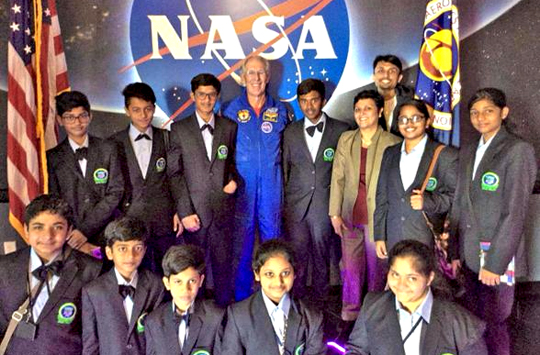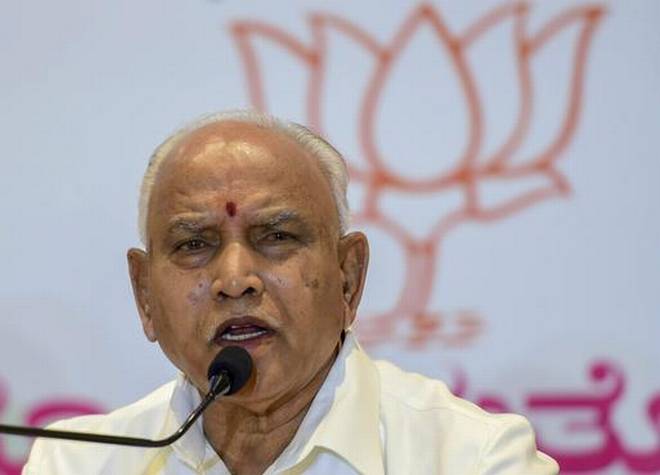Kasaragod, Mar 31: Two more Kasaragod natives lost their lives on Monday due to blockade of the interstate border by Karnataka police in the wake of outbreak of novel coronavirus.
They could not get emergency health care as the Karnataka police stopped the ambulance carrying them to a hospital in Mangaluru at the border.
Another critically-ill person, who was sent back by Manguluru hospital authorities on March 23 for being a Kasaragod native, also died on Monday.
This is the fifth such case in many days.
The deceased are Madhavan, 50, Ayesha, 55 and Aziz Haji, 61 respectively.
All three of them lived near the Karnataka border.
Madhavan, who hailed from Thummanattu in Manjeswaram, died enroute to Kanhangad hospital after being denied entry to cross over to Karnataka. He had an acute bronchial attack.
Udyavar native Ayesha, an asthma patient, was referred to the Mangaluru Hospital by the hospital authorities at Uppali. When the authorities stopped her at the border, she was taken to the Kanhangad hospital. However, she died before reaching the hospital.
Aziz Haji, from Nayabazar Cherugoli MA Cottage at Uppala, was allegedly refused entry into a Manguluru Hospital on March 23 on account of being a Kasaragod native. Haji was a dialysis patient at the hospital. “We were unable to contact his doctor at the time,” his relatives said. Haji, who was on the ventilator, lost his life Monday morning.
One more from Kerala dies as Karnataka police stop ambulance at border
Kunjathoor native Abdul Hameed and Bandwal native Fathima also lost their lives due to the closing of the interstate border.
The district authorities has appealed to the Government to intervene in the matter and influence Karnataka as to lift a ban in crossing over for ambulances carrying critical patients.
The people of Kasaragod are largely dependent on the medical facilities in Mangaluru for critical illness care.
The Kasaragod MP, Rajmohan Unnithan has said he would move the Supreme court against this.
Kerala Chief Minister Pinarayi Vijayan has already taken up the issue with the Centre.
Kerala HC takes up issue with Karnataka AAG
The Kerala High Court on Monday sought the views of the Advocate General of Karnataka on the issue of the government of the neighbouring state blocking its borders with Kerala.
Considering a Public Interest Litigation (PIL) filed by Kerala High Court Advocates Association, seeking a direction for opening the roads, a bench comprising Justices A K Jayasankaran Nambiar and Shaji P Chali requested the Advocate General of Karnataka to join the hearing at 11 am on Tuesday through video conferencing.
The Court orally observed that the blockades erecting embankments on the inter-state roads would affect the people's right to life.
The Karnataka government blocked the state highway with to prevent movement of vehicles carrying essential goods and people seeking emergency treatment at hospitals in the city of Mangalore bordering Kasaragod.
With 97 infected patients, Kasaragod has the largest number of COVID-19 cases in Kerala. 7,437 people are under observation in the district.








Comments
Orlando? this is awesome. I wish I was still in this institution :(
East or West Green Valley is best in class,
good going bright future of india, all the best to everyone.
each and every school must take their students to nasa, there this children will think of their future,
The Name we can trust Green Valley Institution, for bright future of your children take admission in this institution,
All the best students, good opportunity given by green valley institution for their students.
Add new comment